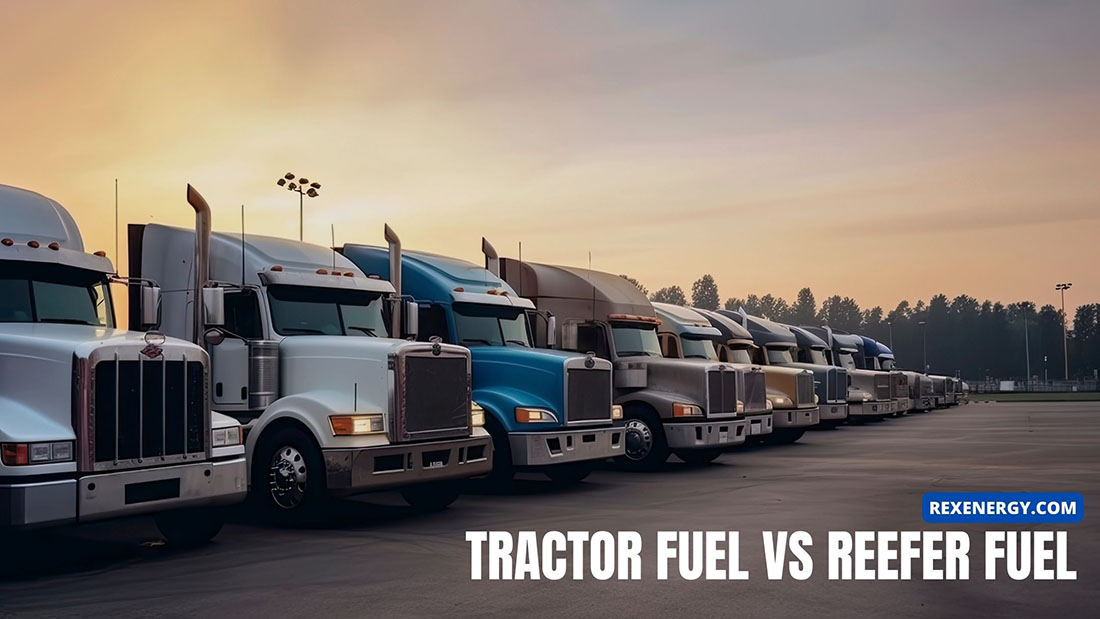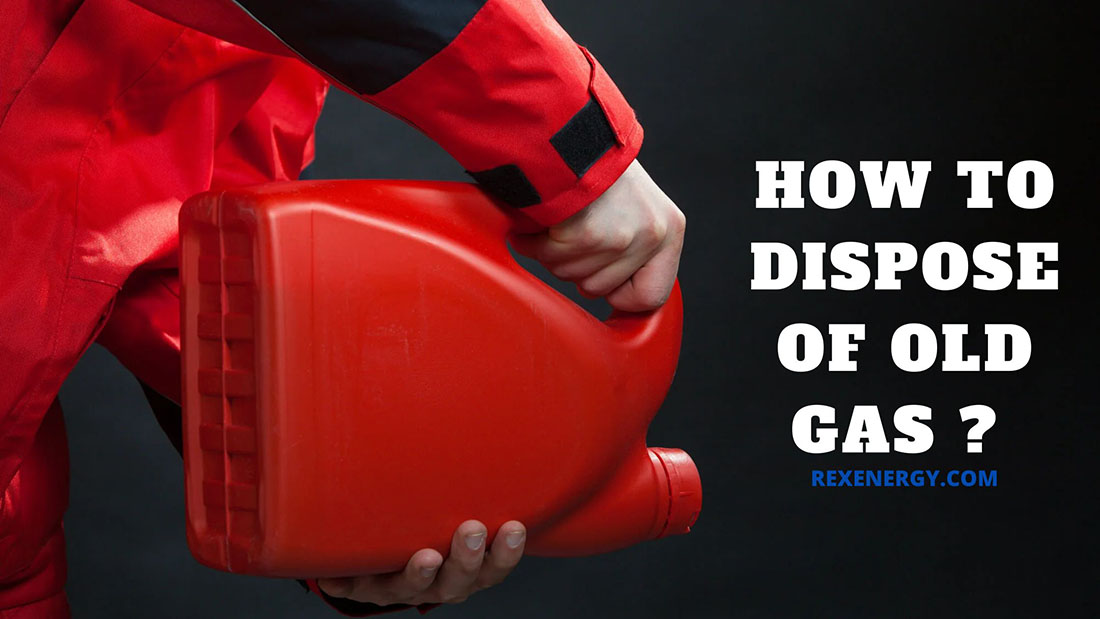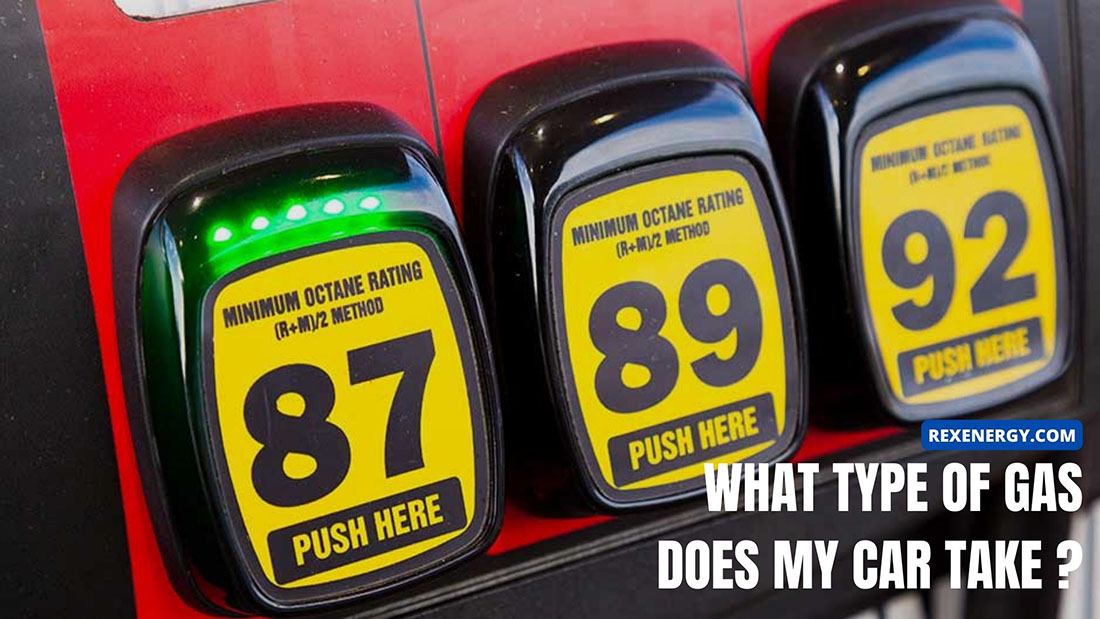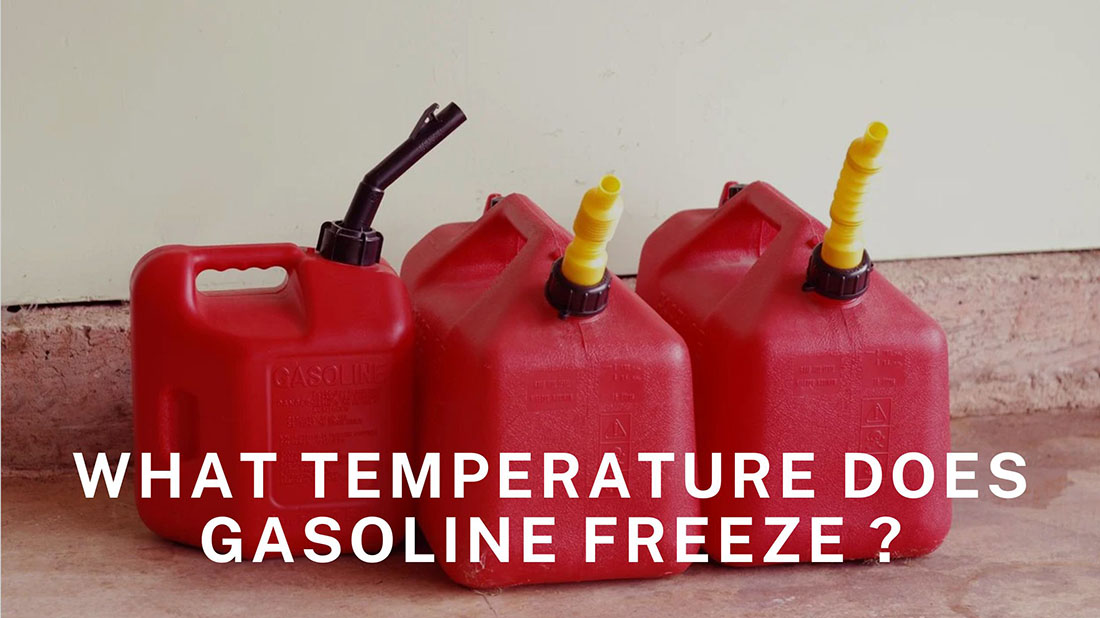Trucks and tractors are heavy-duty and come with complex design features, which explains their constant requirements for large amounts of fuel. Different vehicle compartments and driving purposes even demand exclusive fuel and power sources, meaning tractor and reefer fuel are most of the time not interchangeable.
So, understanding the key differences between them is critical to ensure smooth, efficient operations. Keep scrolling to learn more.
What Is Tractor Fuel and Reefer Fuel?
Tractor Fuel

As the name suggests, tractor fuel powers up heavy-duty engines in tractors or trucks by generating significant torque (both at high and low speeds), which helps handle heavy loads and other demanding tasks more effortlessly.
For starters, tractor fuel is known for impressive energy generation rates, meaning it can deliver much greater energy for one volume unit than other fuels. That is a huge advantage for large, power-hungry engines. Its low ignition temp and volatility also allow trucks to generate power faster while minimizing risks of accidental combustion.
Is tractor fuel the same as diesel? Yes, most refer to tractor fuel as diesel fuel as well.
Reefer Fuel
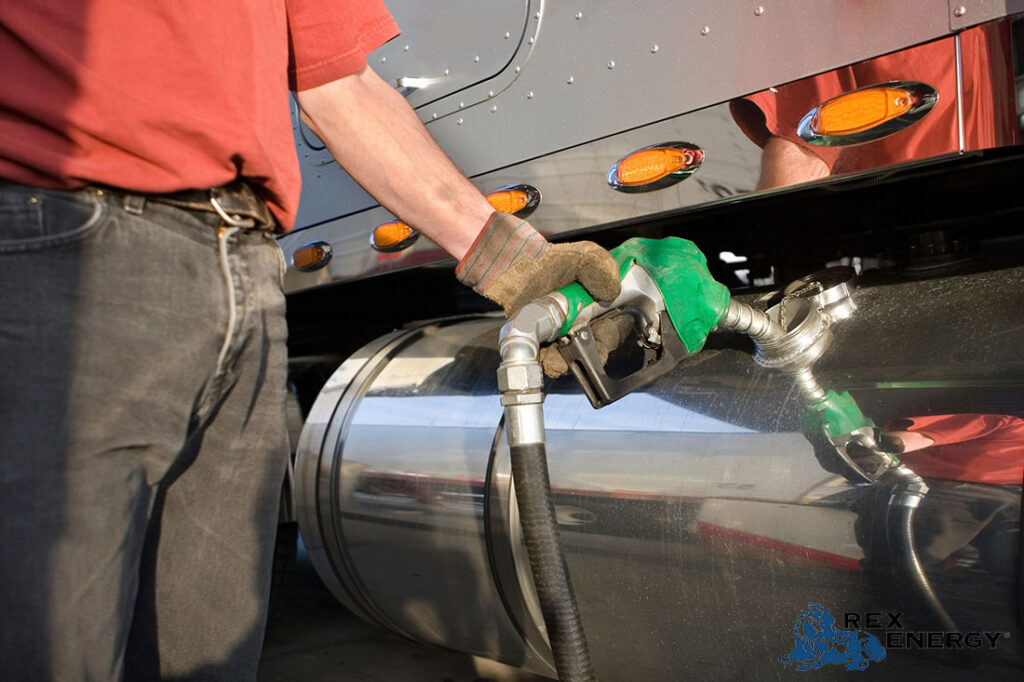
Reefer fuel is designed for the trailer’s refrigeration unit, preserving the safety and quality of temperature-sensitive products during long trips. Specifically, it maintains the required trailer temperature to keep those goods from getting spoiled or damaged during transit.
This fuel has a higher flash point than other power sources to prevent sudden, accidental ignition and ensure safe refrigeration. Extra additives also help preserve its fluidity better in low, fluctuating temperatures.
The Differences Between Reefer Fuel and Tractor Fuel
Tractor fuel powers the engine to handle heavy loading and towing, while reefer fuel maintains low temperatures of the refrigerated trailer to preserve delicate, temp-sensitive trailer content. Therefore, tractor fuel has higher energy density and is much more expensive; in contrast, reefer fuel produces less energy per volume, has a lower freezing point, and charges less.
Primary Purposes
Tractor fuel powers heavy-duty vehicle engines. The high torque and power it provides help trucks handle heavy cargo and loads more easily over long road distances.
Meanwhile, reefer fuel does not work with the engine but the refrigeration system in the trailers. So, unlike tractor fuel, its main purpose is not to feed constant energy to run the trucks; instead, reefer fuel maintains low and consistent trailer temperature to ensure goods, materials, and supplements do not become spoiled.
Energy Density
Tractor fuel is expected to deliver the highest power output over extended periods, which explains its higher energy density. In short, the amount of energy it can generate for one volume unit is much greater than reefer fuel, feeding instant power and driving forces to heavy-duty road vehicles whenever necessary.
On the other hand, reefer fuel is mostly for cooling, so it does not need high density for immediate ignition and combustion. The low energy production rates keep the temperatures more consistent inside the reefer unit, providing an ideal condition for long-term storage.
Safety Conditions
Both tractor and reefer fuel have a high flash point, although this serves slightly different purposes based on the fuel’s intended usage.
Thanks to its flash point (125 to 180°F), tractor fuel will only produce flammable vapor at extremely high temperatures; as a result, it is unlikely to combust and over-react during engine operation, stabilizing the truck on the road for long periods. Meanwhile, reefer fuel’s high flash point (about 125°F) prevents dangerous heat sources and ignition to protect delicate products.
On another note, reefer fuel has a much lower freezing point than tractor fuel to keep materials safe in colder climate conditions (-13 to 0°F). In contrast, driving at 0°F or lower might cause tractor fuel to gel.
Costs
Prices for road fuel always fluctuate, so we can only provide roughly estimated statistics.
As of September 2023, tractor fuel (or diesel) costs about $4.563 per gallon. Meanwhile, reefer fuel is understandably cheaper since it is not fully taxed, about $3 (June 2022).
You Can’t Put Reefer Fuel in A Road Diesel Truck
Using reefer fuel in your diesel truck engine will lead to many issues, as follows:
It Will Not Work Efficiently
Reefer fuel is only designed to maintain low temperatures for the reefer/refrigeration unit. It does not have the right energy density or volatility to power diesel engines in tractors or road trucks, so do not be surprised if your truck experiences dragging and screeching right from the start.
It Is Dangerous
Poor performances aside, putting reefer fuel in the wrong place will eventually destroy the engine and compromise your car’s gas mileage. Crashes, collisions, serious slippage, or even fatal injuries are inevitable.
You Might Face Legal Penalties When Using Untaxed Fuel
Reefer fuel is often dyed in red, indicating it’s nontaxable and meant to be used off-road only.
So, using reefer fuel for diesel truck engines on-road (instead of off-road) is illegal and might result in steep penalties and fines. Truck drivers on-road should only turn to fully-taxed, standard diesel fuel.
Where to Get Tractor Fuel and Reefer Fuel

Reefer fuel is specifically designed for reefer tanks, so it is not exactly available at all gas stations. You must search around your neighborhood to find one that provides fuel pumps for specialized refrigeration and agricultural needs.
Aside from local gas stations, companies specializing in off-road and construction vehicles are another reliable source to pump your system with reefer fuel. However, you probably should expect higher prices.
Unlike reefer fuel, tractor fuel is much more accessible. Drivers can find it at almost every regular gas station in their neighborhoods.
FAQs
Why do tractors use diesel instead of gas?
Diesel is generally more fuel-efficient and produces higher torque at lower RPMs, making it a better choice for heavy, demanding tasks. The diesel’s lower volatility also helps reduce explosion risks in hazardous industrial and farming environments.
How often should you fuel the reefer/refrigerator unit?
Refueling every one or two days is the most common option. But remember that the frequency depends on numerous factors, such as temperature control, fuel tank size, and unit operation. Consult the manual and ask the manufacturer for confirmation if needed.
Conclusion
With their dramatic variations in energy density and properties, tractor and reefer fuel are designed for very different purposes with varying costs and availability. Also, reefer fuel is nontaxable, so using it on public roads and highways is illegal.

